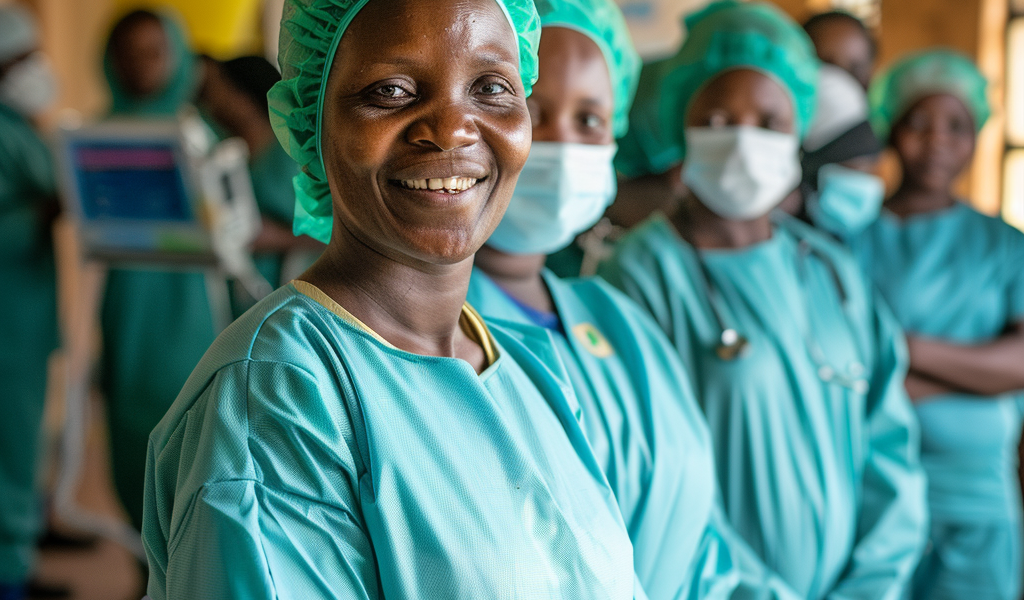Rwanda Achieves Milestone in Marburg Virus Treatment
In a remarkable development in the fight against the Marburg virus disease, health officials in Rwanda have announced that two patients have been successfully removed from mechanical ventilation after receiving over ten days of intensive medical care. This achievement marks a significant milestone in the management of this highly infectious and often deadly virus, which has previously posed considerable challenges to healthcare systems.
Marburg virus disease, closely related to the Ebola virus, is characterized by high mortality rates and severe symptoms, including fever, vomiting, and hemorrhaging. The disease is transmitted through direct contact with bodily fluids of infected individuals, making it crucial for healthcare providers to implement strict infection control measures.
The two patients, whose identities have not been disclosed, were admitted to a specialized treatment facility where they received round-the-clock care from a dedicated team of medical professionals. Their successful recovery from mechanical ventilation is being hailed as a testament to the effectiveness of the treatment protocols established by Rwandan health authorities.
Dr. Jean-Paul Ngabonziza, a leading physician involved in the treatment, expressed optimism about the progress made in managing Marburg cases. “Our team has worked tirelessly to provide the best possible care, and seeing these patients improve is incredibly rewarding,” he stated. “It reinforces our commitment to combatting this virus and protecting our communities.”
The Rwandan government has been proactive in its response to the Marburg outbreak, implementing rigorous screening processes and public health campaigns to educate citizens about the virus. These efforts are crucial in minimizing the risk of transmission and ensuring that any potential cases are identified and treated promptly.
In addition to providing direct medical care, health officials have also focused on enhancing laboratory capabilities for rapid diagnosis of the Marburg virus. This allows for quicker identification of cases and timely initiation of treatment, which is essential in reducing the virus’s spread.
As the situation continues to evolve, the Rwandan health ministry is collaborating with international health organizations to bolster their response efforts. This partnership aims to share knowledge and resources, ensuring that the best practices in treating Marburg virus disease are implemented effectively.
In light of this recent success, there is hope that the advancements in treatment will lead to improved outcomes for future patients. The global health community is closely monitoring Rwanda’s approach to managing the Marburg virus, as it may provide valuable insights for other countries facing similar challenges.
With the successful removal of these patients from mechanical ventilation, Rwanda stands as a beacon of hope in the ongoing battle against the Marburg virus. The dedication of healthcare workers and the swift response of the government highlight the importance of preparedness and resilience in the face of infectious diseases.
As the country continues its efforts to combat this health crisis, the focus remains on ensuring the safety and well-being of all citizens. The recovery of these two patients serves as a reminder of the critical role of medical professionals in managing outbreaks and the importance of community cooperation in public health initiatives.
Rwanda’s experience with the Marburg virus underscores the need for ongoing vigilance and investment in healthcare infrastructure. As the nation navigates this challenging landscape, the lessons learned from this outbreak will undoubtedly shape future responses to infectious diseases.





